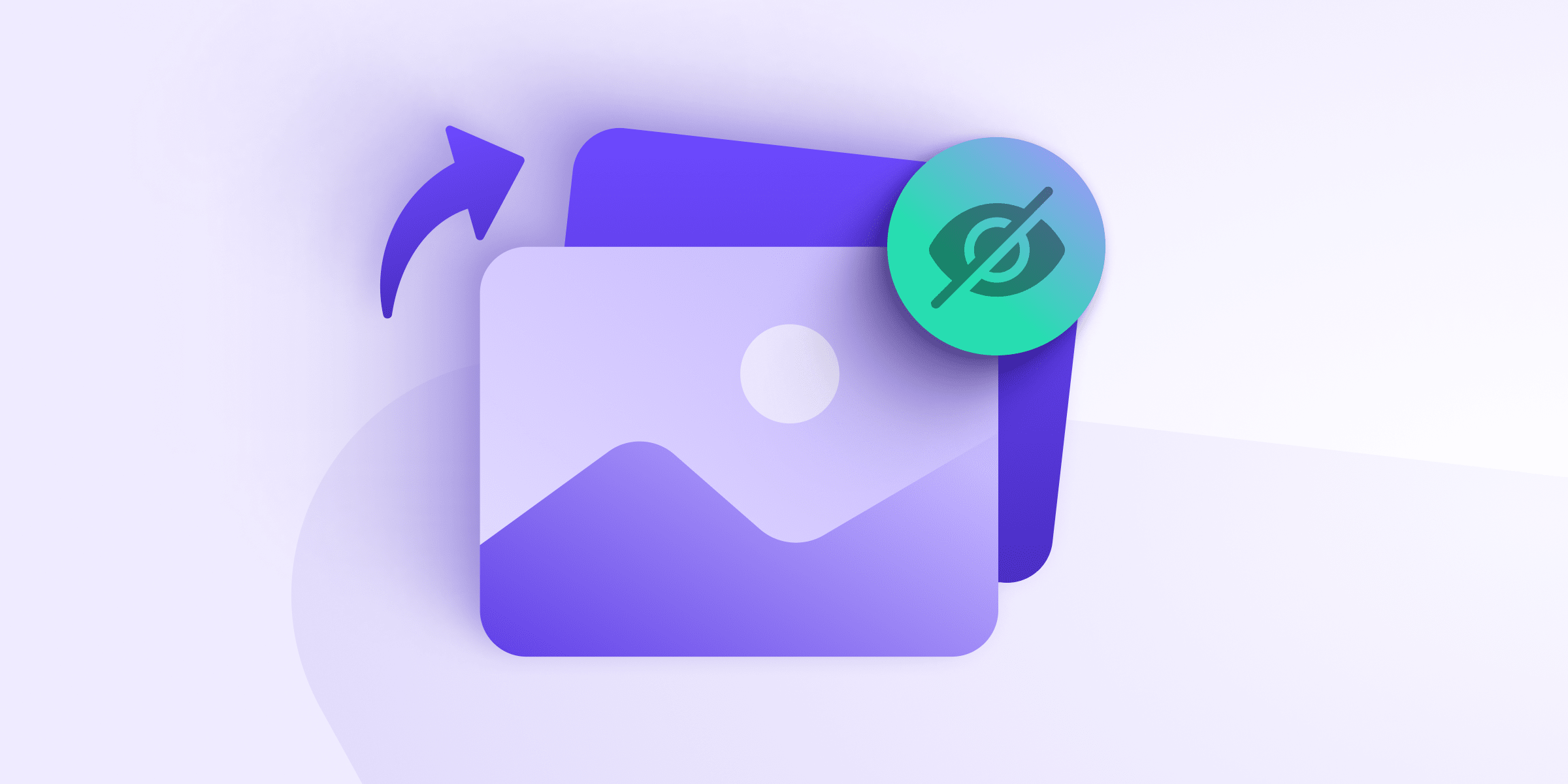Privacy basics

- Privacy basics
Learn about email security and simple ways to secure your mailbox against
cyberthreats.
From intimate letters to purchase receipts, financial information to doctor’s
notes, our mailboxes are a trove of personal information. You don’t want to
share a

When you need to store digital files, you have two basic options: cloud storage
and physical storage.
Cloud storage lets you save files over the internet on servers operated by a
cloud storage provider. These companies typically make backup copies o

Data privacy means keeping your personal data to yourself and controlling who
you share it with.
From social media to search, shopping, and streaming, we all share vast amounts
of personal data daily in the digital economy. As AI becomes integrated

Cloud storage is extremely safe. It’s arguably less risky than physical storage
on your local device. But that doesn’t mean there are no security risks. We’ve
identified a few key risks you should be aware of and explain how to mitigate
them.
1. Acc

- Privacy basics
The way most people share photos online is not private. Even if you search
“share photos online privately”, the top results offer options like Facebook and
Google Photos. These companies have access to your pictures, and Google Photos
even scans and

- Privacy basics
Learn how to stop unwanted emails on Gmail, Outlook, Proton Mail, and other
major email services.
Whether to stop spam, prevent phishing, block a stalker, or just better control
your overflowing inbox, we all need to block unwanted messages at times

ARC allows email providers to verify that emails are genuine when they’re
forwarded or sent from a mailing list.
We all suffer from spam, and anyone can fall victim to phishing. And if you have
your own email domain (like @yourname.com), fraudsters

- Privacy basics
In the same way you can encrypt your emails or back up your digital documents in
an encrypted vault, you can also encrypt your pictures so that no one else can
access them.
This article explains what image encryption means, why you might want your
p

- Privacy basics
Zero-knowledge cloud storage is the most secure way to store files and folders
online. It uses strong encryption protocols, including end-to-end encryption, so
that no one but you can access your data.
Many popular cloud storage services, such as Go

U2F security keys help to keep your online accounts secure even if your
passwords are compromised.
Passwords alone aren’t enough to secure your online accounts. Too many passwords
are easy for hackers to crack, and even if you use unique, strong pas

Google records everything you do as you use its search engine and other apps.
Here are some alternative search engines that respect your privacy.
With around 90% of the search engine market share worldwide and billions of
daily searches, Google rema


